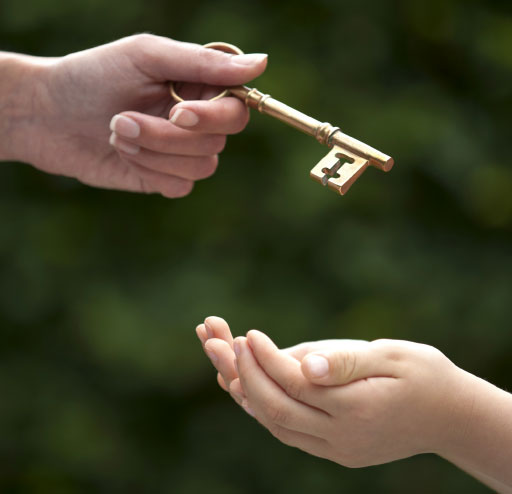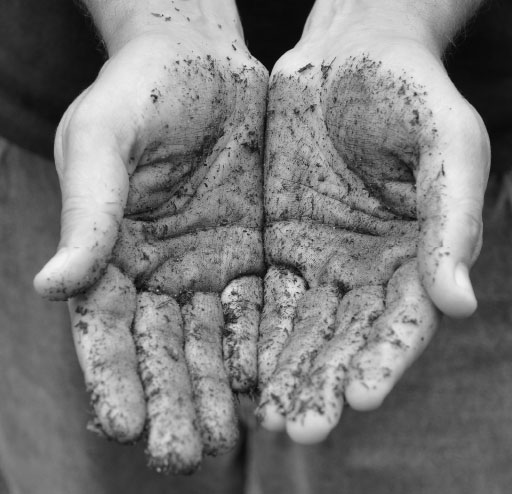 Download a printable copy of this article (PDF 368KB)
Download a printable copy of this article (PDF 368KB)
- If we don’t change, then nothing about our students will.
- Blame and absolutes are paths to stagnation.
- School leadership is a behavioural pursuit first.
- Know your Super Power and cultivate it.
- Know your Kryponite too – and work on it.
There always seems to be an exception to every rule for successful school leadership. You’re supposed to distribute leadership – yet there is always someone on your team who makes this impossible. You’re supposed to be an instructional and practice focused leader – yet there’s the teacher who’s brilliant in the classroom but whose colleagues can’t stand her. And so the conundrum goes on.
“And the spirit of Superman is great to have around.”
– Brandon Routh
The only rule that stands true for school leadership is that if we don’t change, then nothing will. If there’s a problem with behaviour in the school, then we need to change in order for improvement to occur. This renders a couple of common positions useless:
- Blame. Seeking the highest level of fault in others does not change behaviour.
- Absolutes. In a human institution like a school, the context of our people and their human variables will always influence outcomes. Embrace the fluctuations.
It stands to reason then, that cause and effect applies less significantly in the school environment than in many other organisations. Even with the best laid plans about what we want to achieve, it’s how we work, how we problem solve, how we cope with unexpected barriers and how we navigate change that matters. School leadership is far more an art in how we do things than what we actually do.
This makes school leadership a particularly behavioural pursuit, and in this article I suggest nine behaviours where strong cultural leaders need to develop an acute sense of awareness. The great part about reflecting on our behavioural competencies is not a deep sense of shame about the ones we’re less inclined towards. Each behaviour is one we can improve. It’s simply about knowing the one we’re working on.
As you read through the table, ponder which of these is your Super Power or the one that comes most naturally and within which you’re in your happy place, and also which is your Kryptonite or the one you struggle with or simply avoid:
| Behaviour | Explanation |
| Invent | Different from innovation, where the goal is to achieve something better, invention is about doing things differently to make them simpler or more accessible. |
| Scaffold | Providing a clear pathway and sequenced steps for implementing vision, key programs and whole school approach. |
| Simplify | Shining a light on the priorities that matter most and exposing compliances as those we should spend least time on. |
| Expect and Engage | Setting high expectations and targets for our staff and then engaging directly in such a way that supports their achievements. |
| Fail | Fostering and modelling a healthy attitude to failed ventures and errors of judgement to encourage learning by trial and error. |
| Influence | Mobilising others behind an optimistic aspirational and positively articulated vision. |
| Reflect | More than just unguided thought, reflective leaders have models that drive performance behaviour and decision making. |
| Get It | Demonstrating your teaching skill on occasions – both to inform key decisions and to boost your credibility. |
| Leverage | More than building relationships, high expectation leveraged relationships are used to have others do more and be more. |
My SuperPower is influence. It comes quite naturally to me to motivate others to follow me to the promised land in a staff meeting. But then I leave! Others are sometimes left wondering what to do now, exposing my Kryptonite – scaffold. I can work on that.
Now, over to you!






